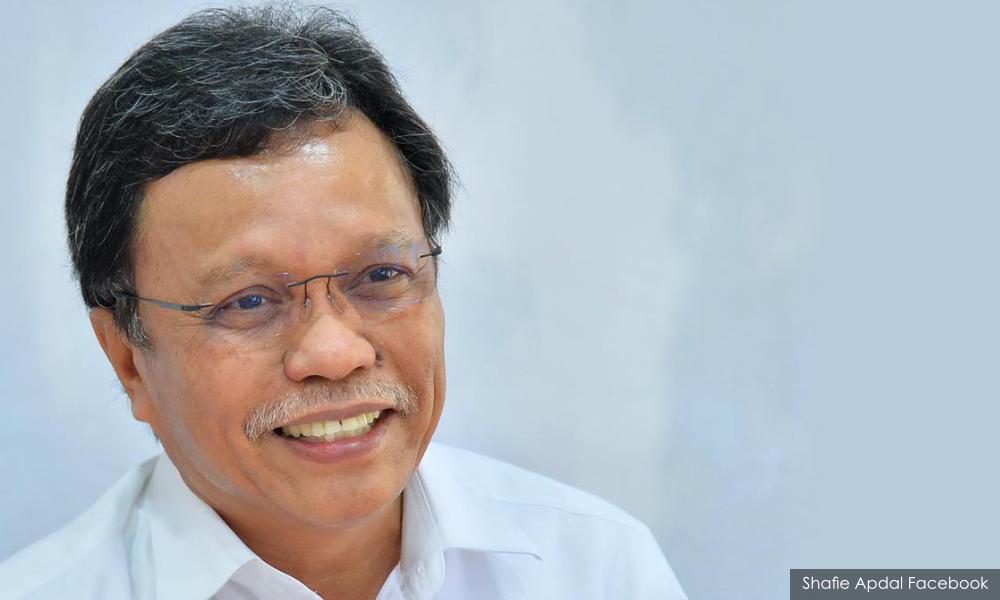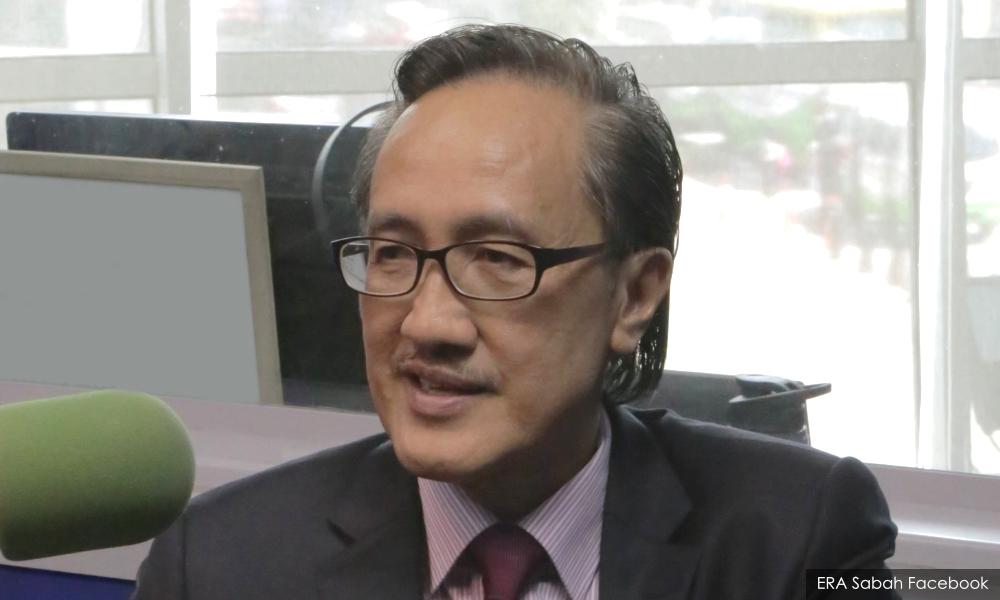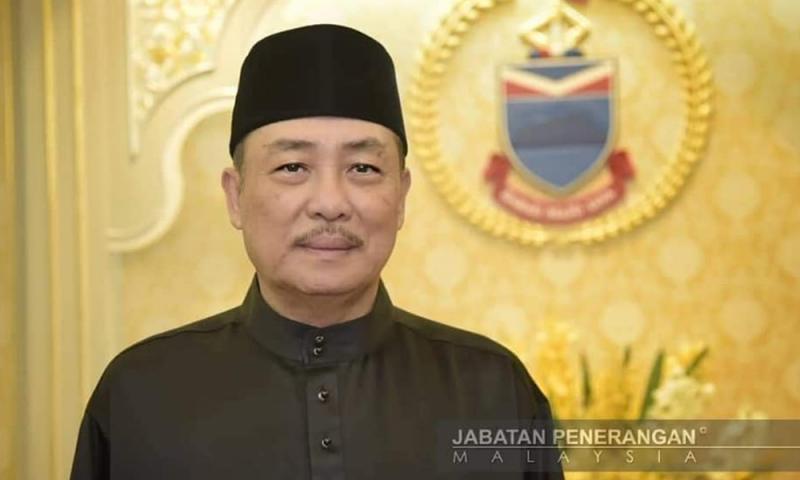LETTER | Hajiji may be ‘partyless’ but he is an elected state rep
LETTER | Warisan president Mohd Shafie Apdal has laid the blame for the current political impasse in Sabah firmly at the feet of Sabah Chief Minister Hajiji Noor. Shafie called the latter “partyless”.
Shafie claimed that there should be strict adherence to the law and Federal Constitution, which states the leader of a political party who commands the majority of the House should hold the chief minister’s post.
The Warisan president appears to rely on the argument that Hajiji’s (above) position as the 16th Sabah chief minister contravenes Article 6(3) read together with Article 6(7) of the Sabah State Constitution.
Well, Shafie should know better that High Court Judge Yew Jen Kie has addressed the issue in the case of “Tan Sri Musa Hj Aman v Tun Datuk Seri Panglima Hj Juhar Hj Mahiruddin and Anor” and another case (2019). Shafie was the second defendant in the case.
Clauses (3) and (7) of Article 6 of the Sabah State Constitution are reproduced below:
(3) The Yang di-Pertua Negeri shall appoint as chief minister a member of the legislative assembly who in his judgment is likely to command the confidence of a majority of the members of the assembly and shall appoint the other members mentioned in clause (2) in accordance with the advice of the chief minister from among the members of the assembly.
(7) For the purpose of clause (3) of this Article, where a political party has won a majority of the elected seats of the legislative assembly in a general election, the leader of such political party, who is a member of the legislative assembly shall be the member of the legislative assembly who is likely to command the confidence of the majority of the members of the assembly.
Clause (7) is a unique feature of the Sabah State Constitution. No other state constitution has an equivalent or similar provision as Art 6(7).
The clause was considered in the above case. The facts have been stated before.
Before the High Court judge, it was contended that when the Yang Di-Pertua Negeri exercised his discretion under Article 6 (3) of the Sabah State Constitution in appointing a member of the state legislative assembly who, in his judgment, is likely to command the confidence of the majority in the assembly.

Due regard must be given to clause (7) of the same article which described the member of the state legislative assembly, who is likely to command the confidence of the majority of state legislative assembly members as the leader of “a political party” which has won a “majority of the elected seats of the assembly in a general election”.
It was further contended that in the absence of a constitutional definition of the word “majority” in clause (7), the word must be given its ordinary meaning - which means a relative majority, which is consistent with the doctrine of plurality, or the most number and not an absolute majority, that is, the support of at least 31 members of the 60 elected members of the state legislative assembly.
According to the argument, the Sabah Constitution, being sui generis and a living document, calls for a broad interpretation. As earlier stated, clause (7) is a unique feature. No other state constitution has an equivalent or similar provision as Article 6(7).
In response to the above argument, the learned Judge Yew said:
“If the court were to agree with the contention that the word ‘majority’ in Art 6(7) means ‘relative majority’ or the most, it would mean, from the votes secured by the political parties contesting in the GE-14 in the Sabah state constituencies, Warisan with its 21 seats is the political party with the largest number of seats won.
“By virtue of Article 6(7), the second defendant (Shafie) being an elected member of the assembly and the leader of the political party which won a majority of the elected seats of the assembly, should be the one who is likely to command the confidence of the majority of the members of the assembly and ought to have been appointed the chief minister.
“One might then ask: is [Shafie] who only had the support of 21 assemblypersons likely to command the confidence of the remaining 39 assemblypersons from the other parties to form a government? The answer must be in the negative.
“It is plainly clear that no single political party in Sabah had won a majority of the elected seats of the assembly in GE14 whereby its leader can claim that he is likely to command the confidence of the majority of the members of the assembly. As such, clause (7) of Art 6 does not come into play and was not applicable when Tuan Yang Terutama exercised his discretion under Art 6(3) of the Sabah State Constitution.
“Neither the BN-Sabah nor the coalition led by [Shafie] won the majority of the assembly.”
Since the issue before the High Court was whether the revocation of the appointment of Shafie’s predecessor then – that is, Musa Aman – and the appointment of Shafie as the chief minister contravened the Sabah State Constitution, what the learned High Court judge said must be obiter – that is, a judge’s expression of opinion uttered in court or in a written judgement, but not essential to the decision and therefore not legally binding as a precedent.
However, the obiter remark of the judge is instructive and persuasive, especially when the matter was not litigated beyond the Court of Appeal. This despite the Federal Court granting leave to Musa to appeal against the Court of Appeal’s decision which dismissed his appeal against the High Court judge’s decision without hearing its merits.

It is curious therefore that Shafie should repeat the argument in the above case in which he was the second defendant, more so when no reference is made to the instructive obiter of the learned High Court judge.
GRS secretary-general Masidi Manjun has rightly cited what was said by the learned High Court judge.
Hajiji may be partyless but he is an elected state assemblyperson who meets the requirement under Article 6(3) of the Sabah State Constitution, unless proven otherwise.
The views expressed here are those of the author/contributor and do not necessarily represent the views of Malaysiakini
RM12.50 / month
- Unlimited access to award-winning journalism
- Comment and share your opinions on all our articles
- Gift interesting stories to your friends
- Tax deductable
